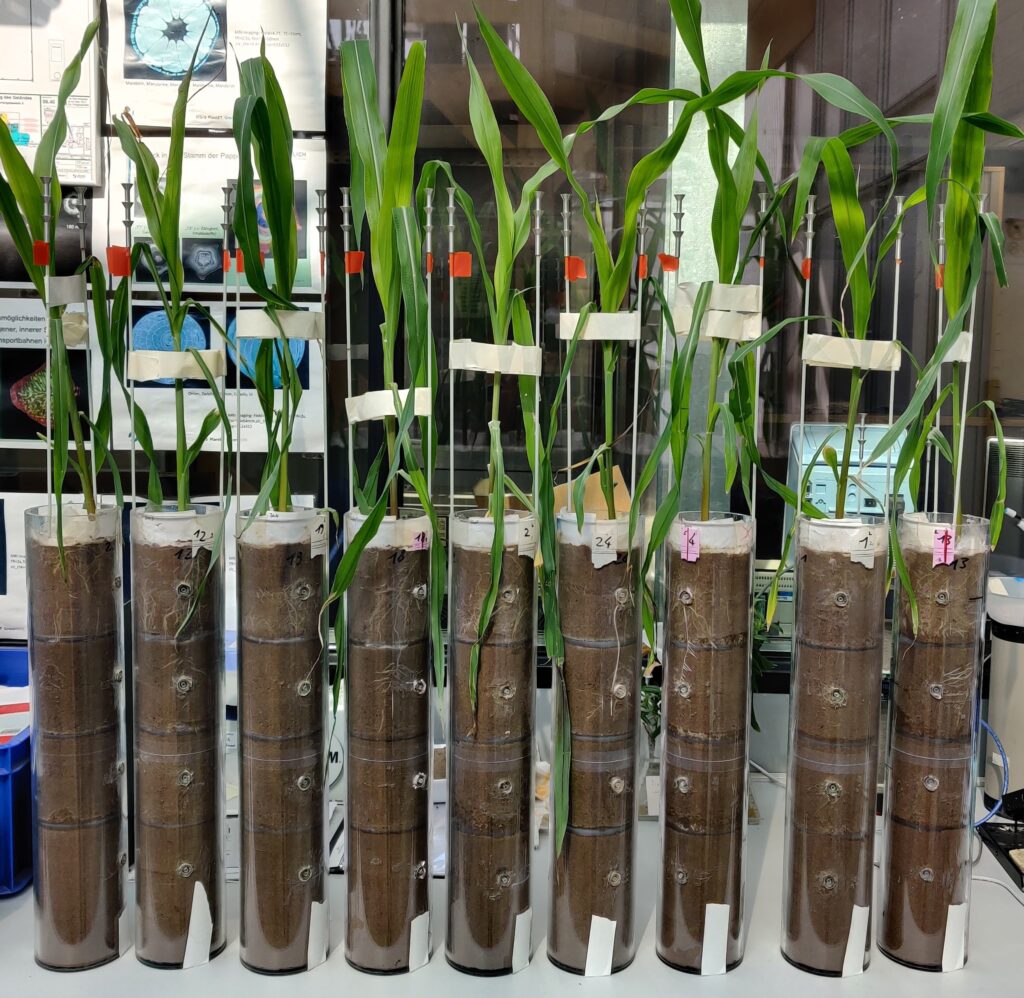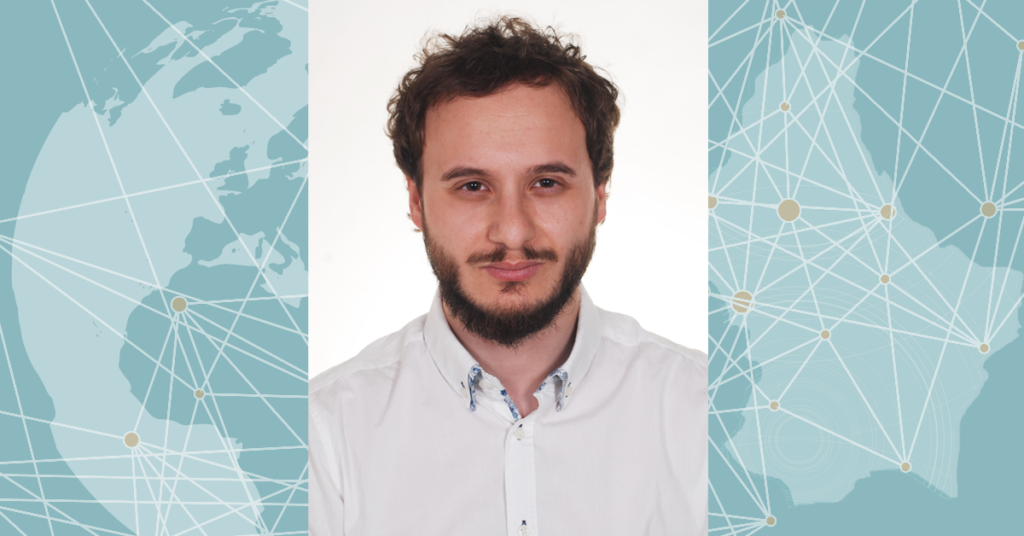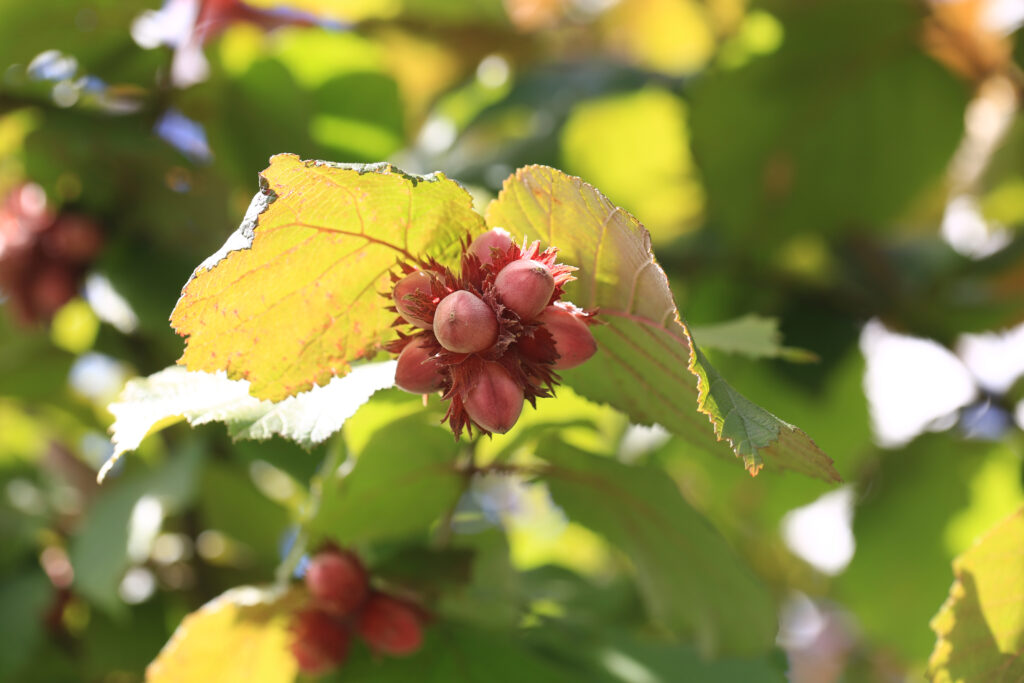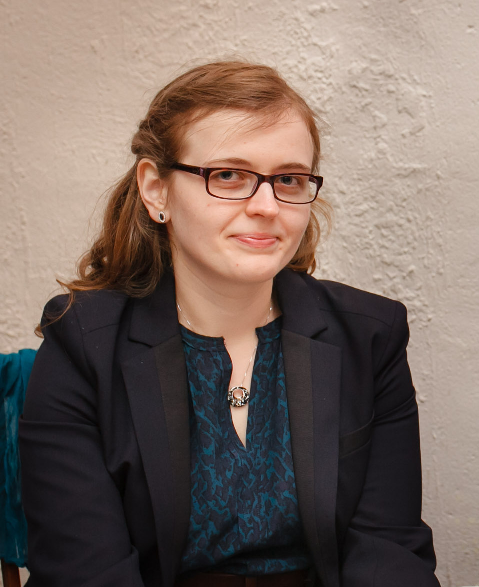Hussein Rappel uses a mathematical learning approach to try to predict and simulate physical phenomena. The Iranian national came to Luxembourg in 2014 to join the team of Prof Stephane Bordas at the University of Luxembourg, where he is now in the 3rd year of his PhD in Computational Science – and sees great potential in Luxembourg as a research destination.
Hussein Rappel has a thirst for learning new things, and in research has found the ideal job for a curious, knowledge-hungry computer scientist. Since 2014, Hussein has been working with Prof Stephane Bordas, a renowned computational science researcher at the University of Luxembourg. ‘Computational science’ is a broad term nowadays, so what exactly does Hussein do for his PhD work?
Simulating physical phenomena
“We try to simulate physical phenomena (e.g. fracture, deformation and etc.), using mathematics and computer programming.
“In my research I am trying to use a mathematical learning approach called ‘Bayesian inference’ to identify the parameters for the material behaviour laws. The approach is very similar to what we do in our regular life to learn about an event and predict the next step. As an example you can imagine yourself driving your car, for any action that you are going to take for the next step you combine the current state information (the car speed, its position etc.) with the information from your surroundings ( such as the other cars, road situation…) and then you make your decision.
“This is almost what I do in my research by combing the measurements, the information that I already have and my physical model I identify the parameters for governing physical laws.”
In terms of what this looks like on in practice, Hussein explains that apart from reading up on the latest findings in his field and developing the mathematical models and codes needed for the simulation, discussing his findings and progress with his supervisors Dr Lars Beex and Prof. Stephane Bordas is a significant part of his regular activities.
Learning how to do original research in an up-and-coming research location
Being just over halfway through his PhD and thus still at the beginning of his research career, Hussein’s main goal as a researcher at the moment is mainly to learn how to do original research independently and publish the associated results – he adds: “Furthermore I would like to improve my skills by learning to write research proposals which would let me to convert my ideas from a simple idea to a research project.”
Hussein relocated from Iran to Luxembourg for his PhD, which he explains was more due to the chance to work PhD supervisor Stephane Bordas, (who himself came to Luxembourg a few years ago with his then newly-awarded ERC grant), than due to Luxembourg itself. As Hussein points out, however, the University of Luxembourg is slowly but surely building a reputation for itself:
“Considering the condition in Luxembourg and available resources I believe the country is going in the right direction and has great potential to become a very popular destination for researchers from various countries in the world.
“The University of Luxembourg is quite young but it gets recognised every year more than the previous year as it is a research-oriented university. Furthermore the possibility of creating various research centres in the university framework can help it to get even more research-oriented and as result more recognised.
“As an example you can consider creation of the Centre of Excellence in Scientific Computing which can help to do lots of interdisciplinary projects. These research projects can be in fields of finance, engineering, physics and so on.”



About Spotlight on Young Researchers
Spotlight on Young Researchers is an FNR initiative to highlight early career researchers across the world who have a connection to Luxembourg. This article is the 21st in a series of around 25 articles, which will be published on a weekly basis. You can see more articles below as and when they are published.








